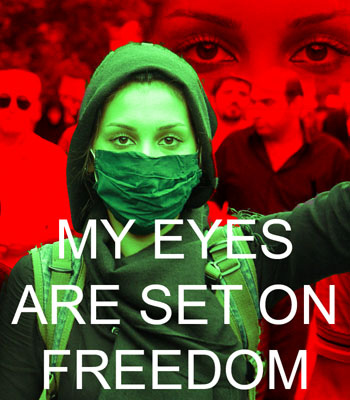After fifteen years of nations pursuing the Millennium Development Goals established by the United Nations, representatives of the member states, along with experts and private citizens, have defined Sustainable Development Goals (SDGs) to help set the course for the next fifteen years.
All told seventeen goals have been developed which together aim to end poverty and hunger; ensure access to health and education for all; achieve gender equality as well as greater equality between individuals and nations; and protect the environment, combat climate change and promote sustainable growth.
One critical SDG involves the strengthening of the means by which nations can implement the overall vision. Is there proven methodology that member states can consider and adopt in this regard, even as the challenges and opportunities they face are as diverse as humanity itself? We suggest four specific factors that are applicable in this case.
First, we know from decades of global project development evaluations that people’s participation from design to evaluation is the primary factor in determining whether sustainability will be achieved. In order to promote effective community participation, an administrative system that is decentralized will empower local populations to make decisions and assume responsibility for implementing the social change they seek. Since sustainable development is a reflection of the extent to which people own their particular development process, it follows that institutionalizing local open spaces so that people can come together and build partnerships and shared action plans is of paramount importance in achieving the SDGs.
A fortuitous occurrence is that in global terms decentralization is on the rise, albeit for different reasons in different countries. In a number of Arab Spring nations, for example, the promotion of human development and popular empowerment is - rightfully - part of a calculated attempt to avoid political instability.
A second necessary measure at the national level is capacity building among stakeholders to advance projects that achieve the SDGs. Specifically, there is a critical role to be performed by facilitators of local community meetings and dialogue in order to promote participation. Trained facilitators help to ensure that all voices are represented and heard. Further, they are aware of pre-existing power relationships and how to engage with these so as to guide a development process in a manner that is broadly based and just.
Third, it would be helpful if measures for sustainable implementation were described in culturally relative terms. In many societies the enduring precepts of people’s participation in communal life leading to sustainable societies are informed fundamentally by Islam. Integrated Islamic and developmental concepts include shura, itself the practice of participation and consultation; ummah is the global integration of individuals and groups with rights to solidarities and part of humanity as a whole (decentralization); baya in Islamic tradition holds leaders accountable; and tawhidisociety is one that recognizes the indivisibility of mankind. Ensuring that participation and decentralization are explained in Islamic, rather than Western, terms would allow Muslim people to see their own outlook and values fully present and incorporated in the steps needed to implement the SDGs.
Developmental concepts are also present in the Biblical story of creation. “And God said, “Let us make Man in our image, after our likeness…”. What is meant by us? Jewish Sages recording a tradition dating back at least two thousand years explain that God included the angels in the decision to create humanity in order avoid conflict between the angels and humankind (by being part of the decision, angels accepted the outcome). God in effect created the blueprint for consulting with others before embarking upon initiatives. Only then did God create humankind who – by virtue of being formed in the Divine image – are enjoined to follow the Divine example.
Finally, policy development embarked upon by nations in order to achieve the SDGs, occurs sustainably and most suitably as local participatory processes unfold and light is shed naturally upon policy opportunities that promote sustainable development. People’s participation in a sense tests the social system. In this way for example, restrictions to the growth of civil society are clarified and the necessary roles that could be played by public agencies, in order to bring to fruition projects determined by local communities, may be defined in greater detail. In sum, the most effective policy development emerges from lessons gained from the experience of community participation in development.
In the same way as laws and policies to advance the human condition, the SDGs find their efficacy only in their processes of implementation. Indeed, in development and social processes generally, the means are the ends (or at least they determine them to a large extent). While there are no absolute preconditions to sustainable human development there are undoubtedly conditions conducive to such development. Enabling local communities to plan and implement their future in an empowering decentralized environment is a recipe for success on an historic scale in this respect.
Dr. Yossef Ben-Meir is president of the High Atlas Foundation.
Copyright mediaforfreedom.com


